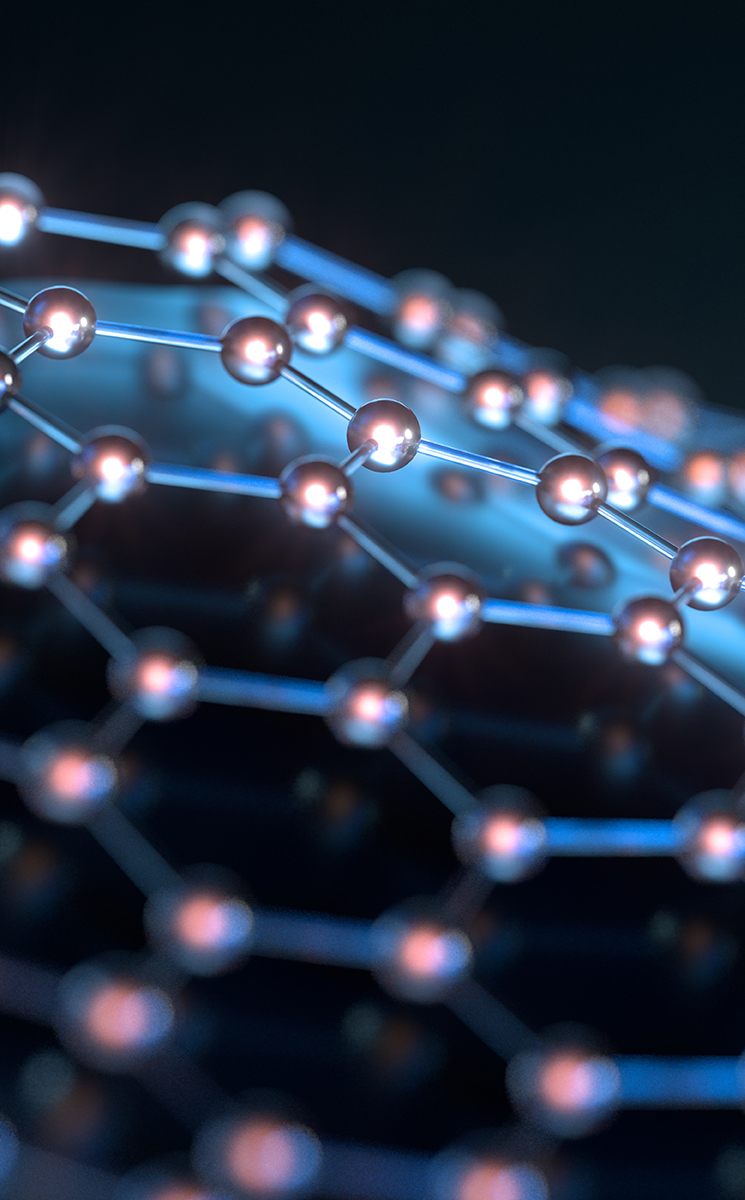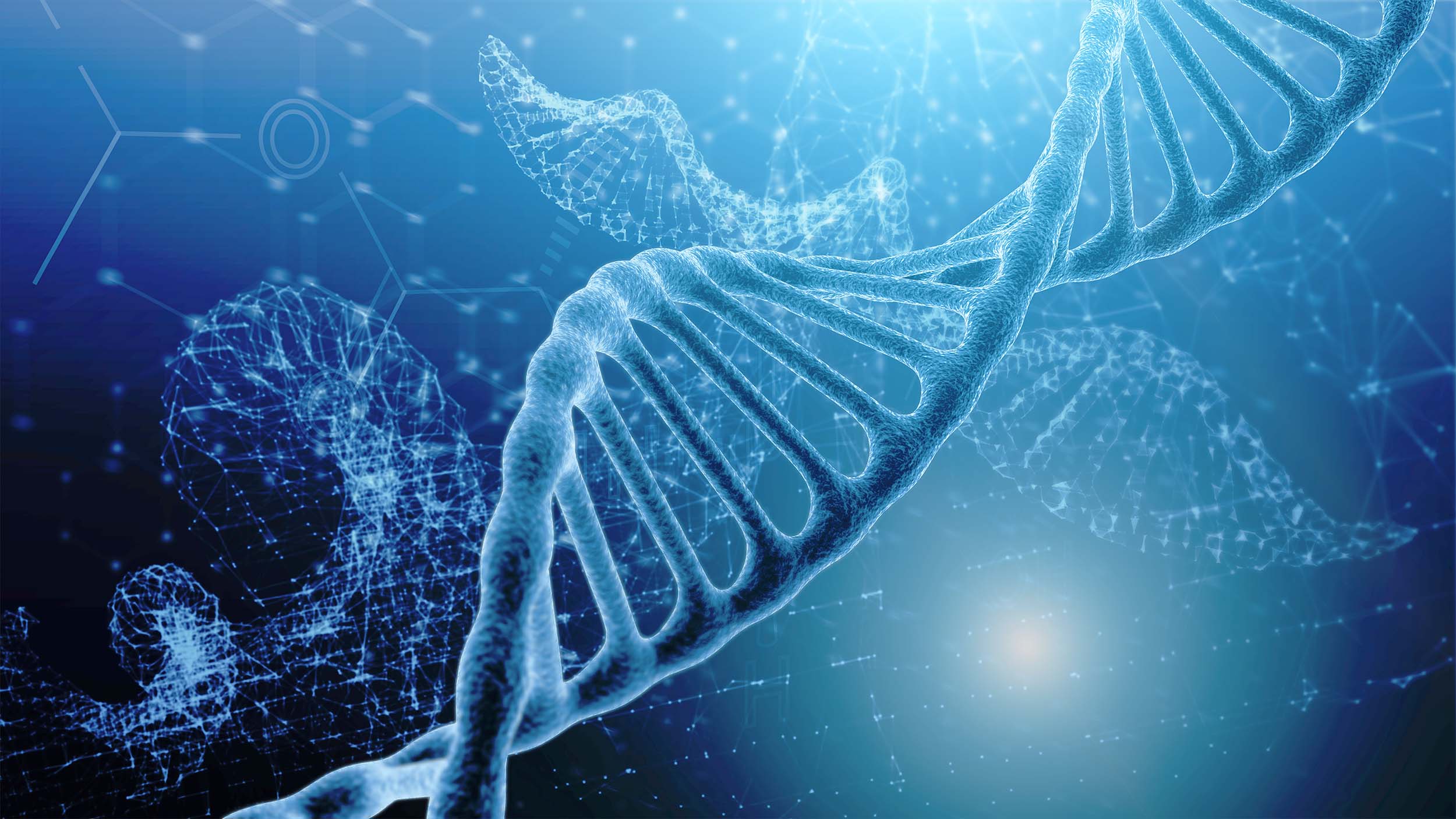
Next Generation
Sequencing
The hallmark of personalized medicine for the treatment of cancer is to provide molecularly targeted therapy for patients based upon the genetic landscape of their tumor.
Decades of basic cancer research have enhanced the development of targeted cancer therapeutics, which could benefit individuals with tumors harboring such mutations. Acquired mutations in genes encoding for proteins involved in cell growth, proliferation, and survival signaling pathways can be “drivers,”i.e. can cause cancer or disease, or they can be related to the disease or “passenger” mutations. Thus, molecular testing to identify such mutations in clinical specimens to assess patient eligibility for targeted therapies has become increasingly important in the management of oncology patients. The growing utilization of targeted therapies, such as tyrosine kinase inhibitors (TKI) in clinical practice1 is adding new dimensions to molecular testing for cancer patients.
Molecular pathology laboratories are required to provide prompt assessments of the molecular biomarkers present in the tumor sample to allow informed treatment decisions. Many of the current clinical testing algorithms are complex, with multiple tests performed consecutively on the same tumor sample. Sequentially testing for oncogenic drivers that can become target of TKIs lessens the efficiency of the process. Thus, highly-multiplexed assays, such as the ones based on next-generation sequencing (NGS) platforms enable the testing of multiple biomarkers, such as somatic variants in oncogenic driver genes, in a single assay.
The AuraSeq test family is compatible with formalin-fixed, paraffin embedded (FFPE) tissue samples, which is the most common pathology specimen type, as well as cytology smears2-4. These NGS-based clinical tests require minimal nucleic acid input (1 to 10 ng total of DNA or RNA), which is advantageous when testing very small, diagnostic samples.
When implementing NGS-based testing in clinical laboratories, the analytical and clinical validation of both the wet-bench assay and dry-bioinformatics pipelines are crucial. Such validation of the detection of somatic variants must assess limit of detection, analytical sensitivity and specificity, repeatability and reproducibility and set appropriate thresholds and quality control parameters5 for reliable analysis of clinical specimens. Validation must also include the handling of large amounts of data produced by multi-gene panels and be able to produce easy-to-interpret clinical reports for the treating physician.
The intended use of the AuraSeq tests is to detect somatic variants in multiple cancer driver genes using NGS technology in advanced carcinoma samples from patients who have failed to respond to conventional chemotherapy or are about to start a TKI regime.
References
1.Dumur CI, Idowu MO, Powers CN. Targeting tyrosine kinases in cancer: the converging roles of cytopathology and molecular pathology in the era of genomic medicine. Cancer Cytopathol. 2013;121:61-71. PMID: 22887782
2.Pisapia P, Malapelle U, Roma G, Saddar S, Zheng Q, Pepe F, Bruzzese D, Vigliar E, Bellevicine C, Luthra R, Nikiforov YE, Mayo-de-Las-Casas C, Molina-Vila MA, Rosell R, Bihl M, Savic S, Bubendorf L, de Biase D, Tallini G, Hwang DH, Sholl LM, Vander Borght S, Weynand B, Stieber D, Vielh P, Rappa A, Barberis M, Fassan M, Rugge M, De Andrea CE, Lozano MD, Lupi C, Fontanini G, Schmitt F, Dumur CI, Bisig B, Bongiovanni M, Merkelbach-Bruse S, Büttner R, Nikiforova MN, Roy-Chowdhuri S, Troncone G; Molecular Cytopathology Meeting Group. Consistency and reproducibility of next-generation sequencing in cytopathology: A second worldwide ring trial study on improved cytological molecular reference specimens. Cancer Cytopathol. 2019;127(5):285-296. PMID: 31021538
3.Malapelle U, Pepe F, Pisapia P, Altimari A, Bellevicine C, Brunnstrom H, Bruno R, Büttner R, Cirnes L, de Andrea C, de Biase D, Dumur CI, Ericson Lindquist K, Fontanini G, Hofman P, Hofman V, Lozano M, Mayo-de-Las-Casas C, Merkelbach-Bruse S, Roman R, Schmitt F, Siemanowski J, Roy-Chowdhuri S, Tallini G, Tresserra F, Vander Borght S, Vigliar E, Vita G, Weynand B, Rosell R, Molina-Vila M, Troncone G. Reference standards for gene fusion molecular assays on cytological samples: an international validation study. Journal of Clinical Pathol. 2021; In Press.
4.Dumur CI, Kraft AO. Next-generation sequencing and the cytopathologist. Cancer Cytopathol. 2015;123(2):69-70. PMID: 25557465
5.Dumur CI, Almenara JA, Powers CN, Ferreira-Gonzalez A. Quality control material for the detection of somatic mutations in fixed clinical specimens by next-generation sequencing. Diagn Pathol. 2015;10:169. PMID: 26376646

